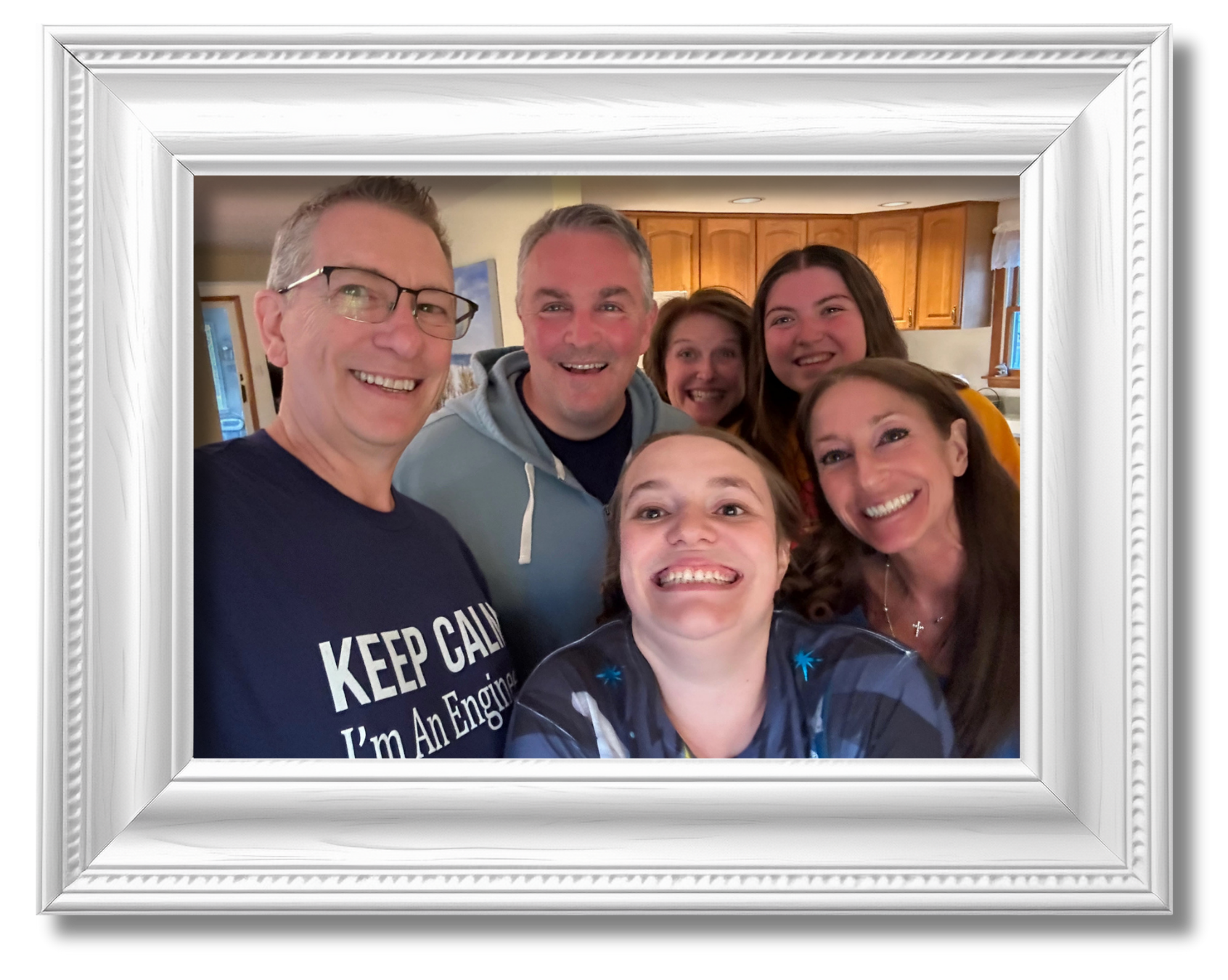
By Stacie Sherman
Sarah K.’s story began prematurely. She was born at 34 weeks after her twin sister died in utero due to twin-twin transfusion syndrome, a condition in which blood flows unequally between identical twins that share one placenta.

“It was devastating,” Kelly said. “So many bad things go through your head, and it is like a loss. All the things you think she’s never going to do: get married, go to the prom, have friends. All of that goes through your head, and your kid’s only 18 months old.”
Sarah attended a preschool for children with disabilities and received many therapies. She was in public school until seventh grade, when Kelly said the district told her they couldn’t handle her needs. Sarah then went to a private school for students with autism and related disabilities until she moved into the day program she currently attends and loves.
 Love for Photos
Love for Photos
Sarah, now 25, lives with her parents in Little Falls, New Jersey. Though she will never be fully independent, she enjoys her iPhone, iPads, and computer, and especially loves taking photos. Sarah can upload her photos to her laptop and loves making collages with them. She also knows how to create spreadsheets on the computer and is learning to send emails.
She attends a day program focused on life skills, community outings, and support for future employment opportunities. At the program, she helps her group shop for groceries and then uses the food to follow recipes and make their meals. Sarah enjoys art club, chair yoga and Zumba. She loves trips to the zoo and aquarium to photograph animals, particularly sea turtles.
Balancing Sarah’s care with two full-time engineering jobs makes flexibility a necessity for Kelly and her husband Ken. But their experiences at work differ dramatically.
Both are employed by large, publicly traded companies in New Jersey that offer flexible work policies. But where Kelly’s managers were understanding about the demands of caregiving for an adult child with autism, Ken’s new boss was not.
Finding Support
I
Ken and Kelly rely on such schedules so they can be there for Sarah. It wasn’t a problem for either of them until 2024, when Ken got a new boss who started pushing back on his need to leave early some days to pick Sarah up from her program. “He refused to give me any flexibility whatsoever,” Ken said.
Unsure what her husband should do, Kelly reached out to a couple of agencies for advice. Only Autism New Jersey called her back. Helpline Director Jon Gottlieb “offered a lot of validation, a lot of support,” she said.
“Jon was very good at clarifying our disjointed emotional story that we were telling him into clear action items that we then followed through on,” Kelly said. “And he made sure he set up meetings with us every two weeks to check in and make sure that things were progressing.”
Ken eventually got an attorney, and his boss quickly stopped targeting him. While Ken is grateful, he and Kelly worry that his boss is still there and is targeting others now. Still, they learned a powerful lesson about advocacy.
“Never be afraid to speak up,” Kelly said. “Never be afraid to advocate for your child or yourself, because no one else is going to do it for you.”
Autism Inclusion
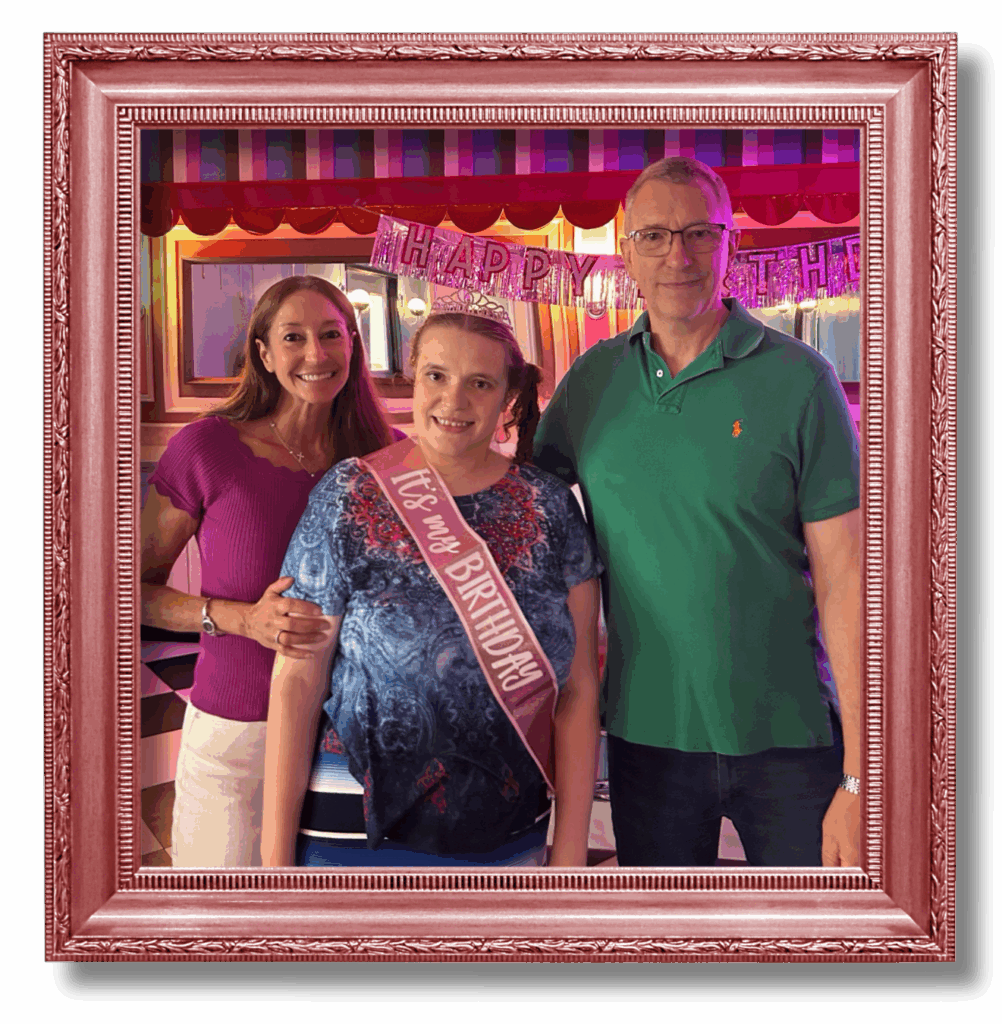
Today, Ken and Kelly continue to juggle work and caregiving by alternating their in-office days. The couple has been married for 31 years, and Sarah is their only child.
Ken says his daughter has no negative behaviors now. He describes her as outgoing and sociable. “Wherever she goes, she’s like the mayor,” he said.
Sarah loves going to stores like Sephora and Bath and Body Works – not to buy stuff but to take pictures. At home, Sarah enjoys her Lush bath bombs. She loves swimming, the family shore house, and their boat. She’s “verbal-ish,” Kelly said, with a few spontaneous words, but will mostly repeat what she hears.
Through it all, Ken and Kelly’s pride for their daughter shines.
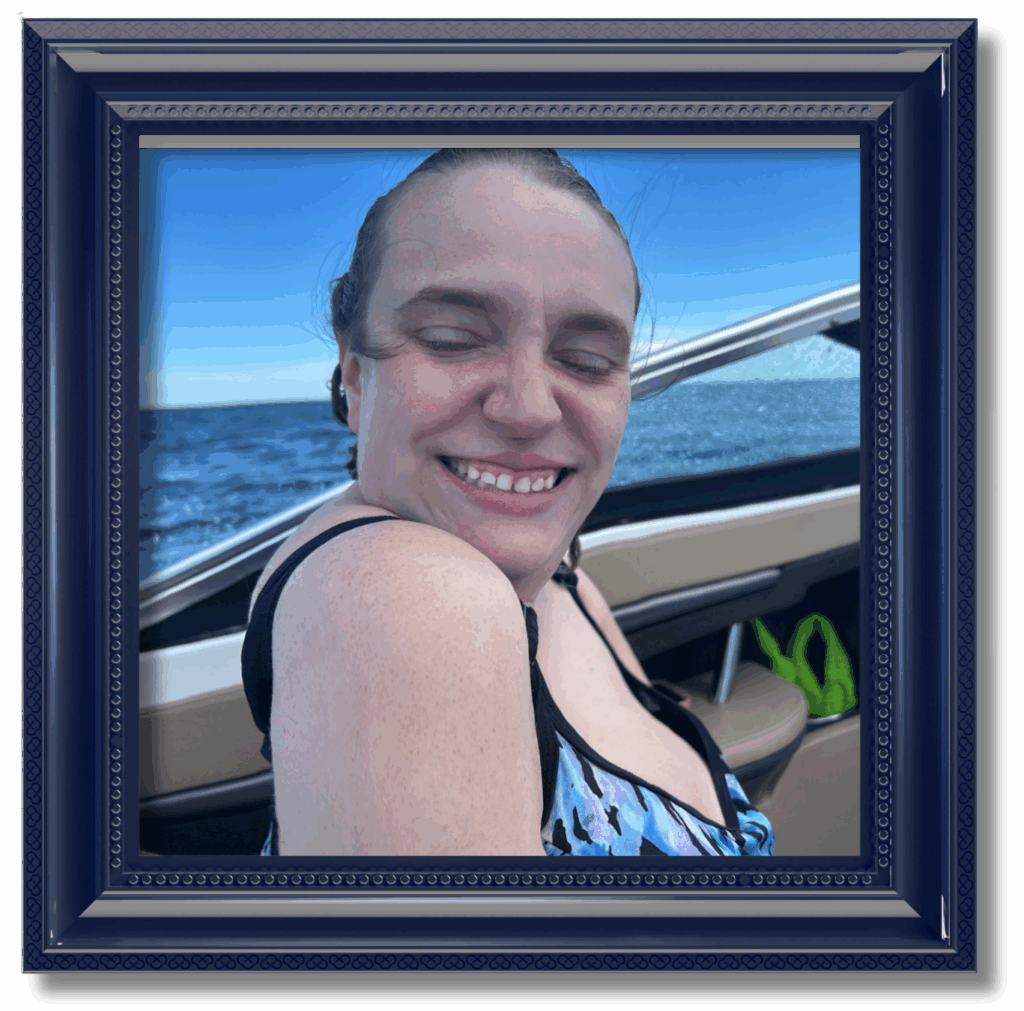
Ken added: “Sarah is living her best life, with our help, and that is what gives me joy.”
Autism New Jersey provides free, lifelong help for families navigating an autism diagnosis. Call 800.4. AUTISM.
Other Relevant Autism New Jersey Resources:



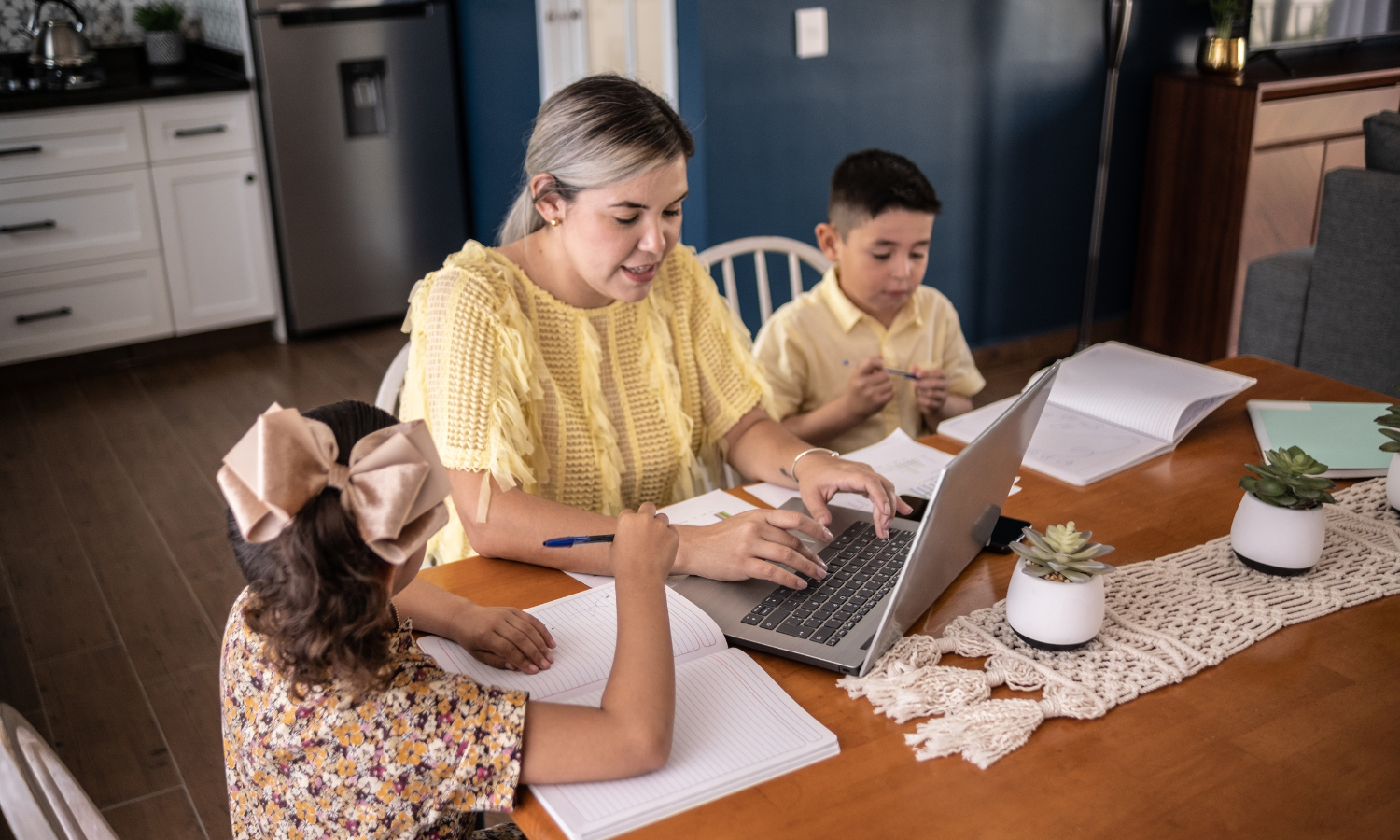



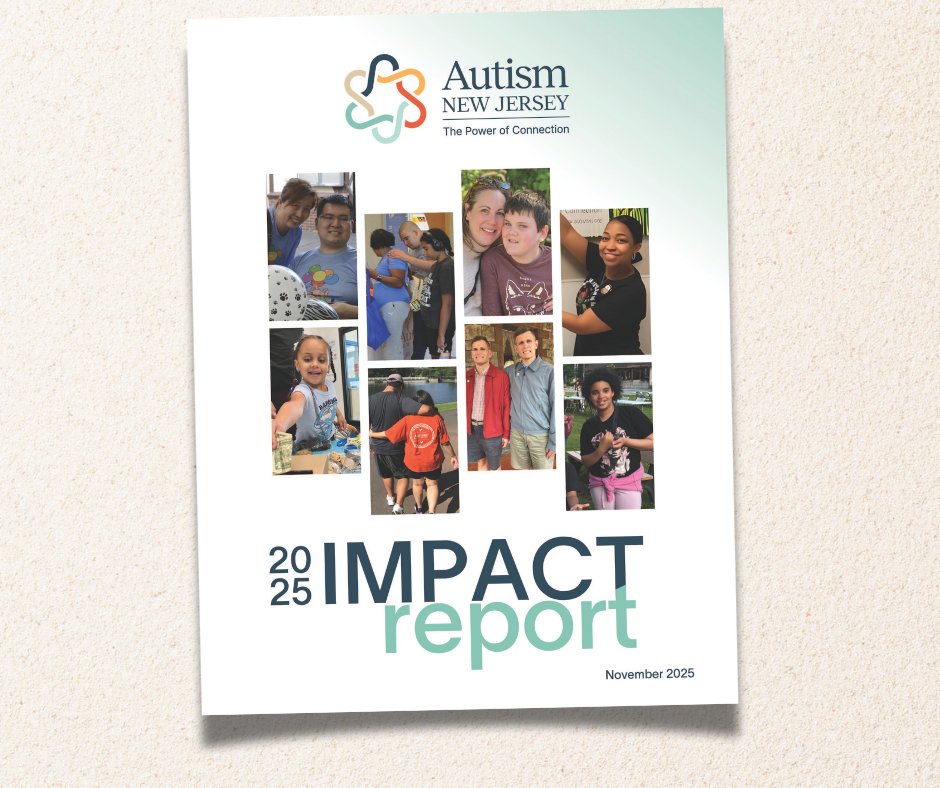


 Love for Photos
Love for Photos